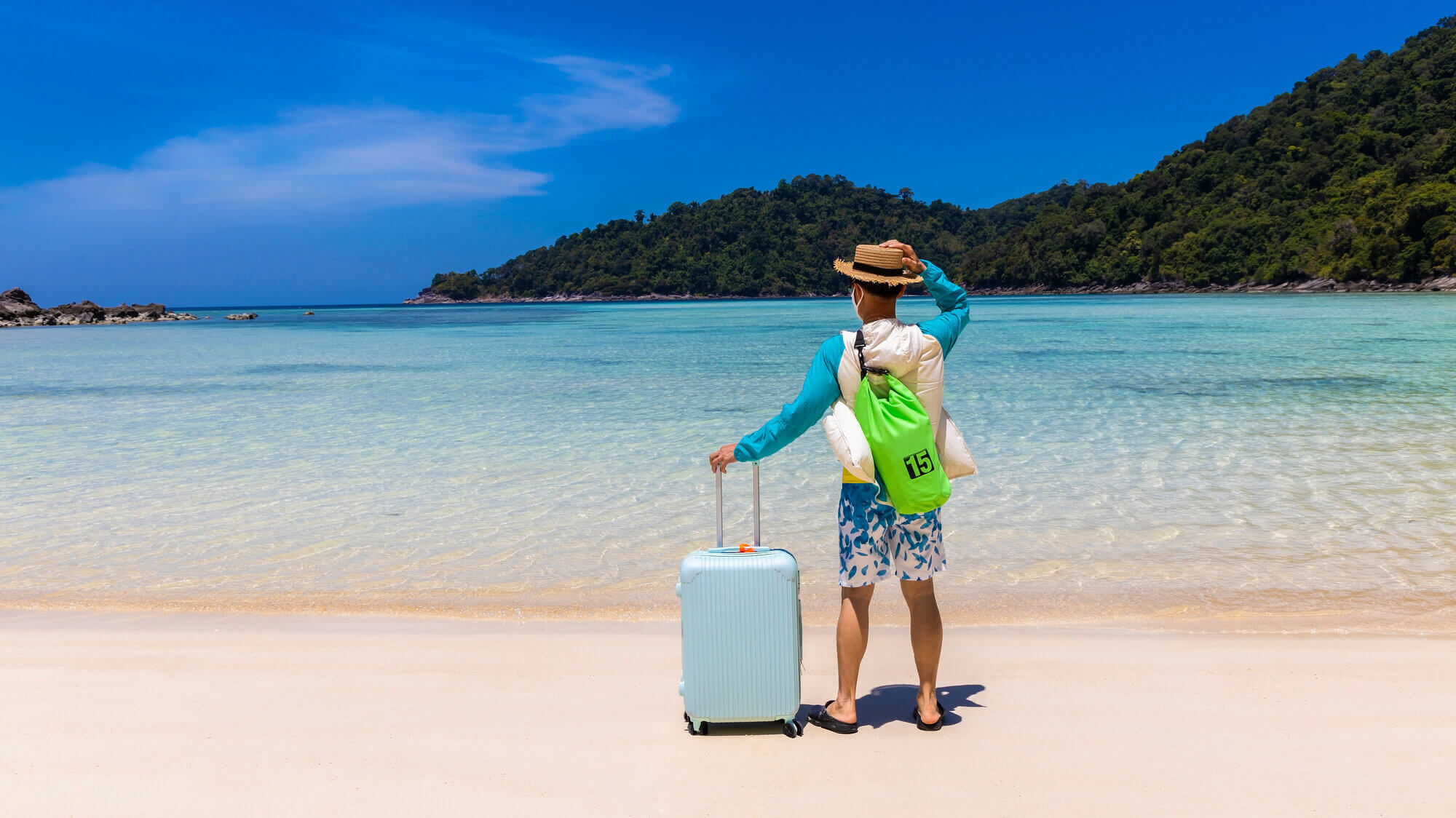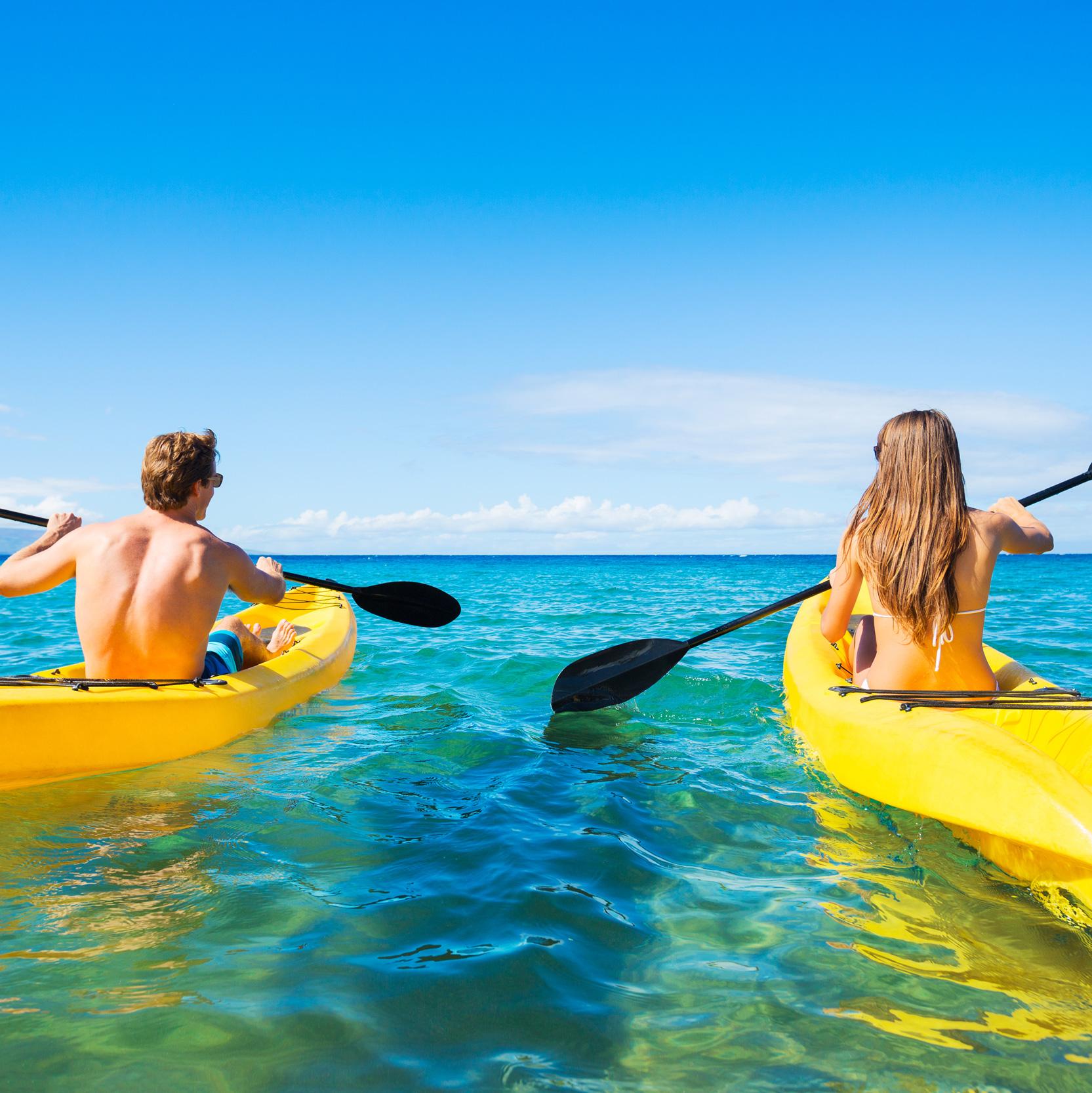
When it comes to choosing a gemstone for your engagement ring in Birmingham, the decision can often come down to personal preference and style. Whether you’re visiting local jewelers for engagement rings Birmingham or searching online, many couples are opting for colorful and unique gemstones to make their rings stand out. Two popular options are sapphires and aquamarines, both of which offer stunning beauty and symbolism. Understanding the differences between these two gemstones can help you choose the perfect one for your engagement ring.
Sapphire is a variety of the mineral corundum, and while it is most commonly associated with a rich blue color, sapphires come in a wide range of hues, including pink, yellow, and green. The blue sapphire, however, remains the most popular and enduring choice for engagement rings, largely due to its striking appearance and durability. Sapphires have a hardness of 9 on the Mohs scale, making …


:max_bytes(150000):strip_icc()/st-lucia-soufriere-beach-ROMCARIBB0517-a5e0bdb97a554ebd8d18922c6990ba0d.jpg)
